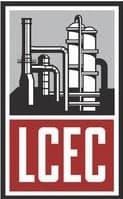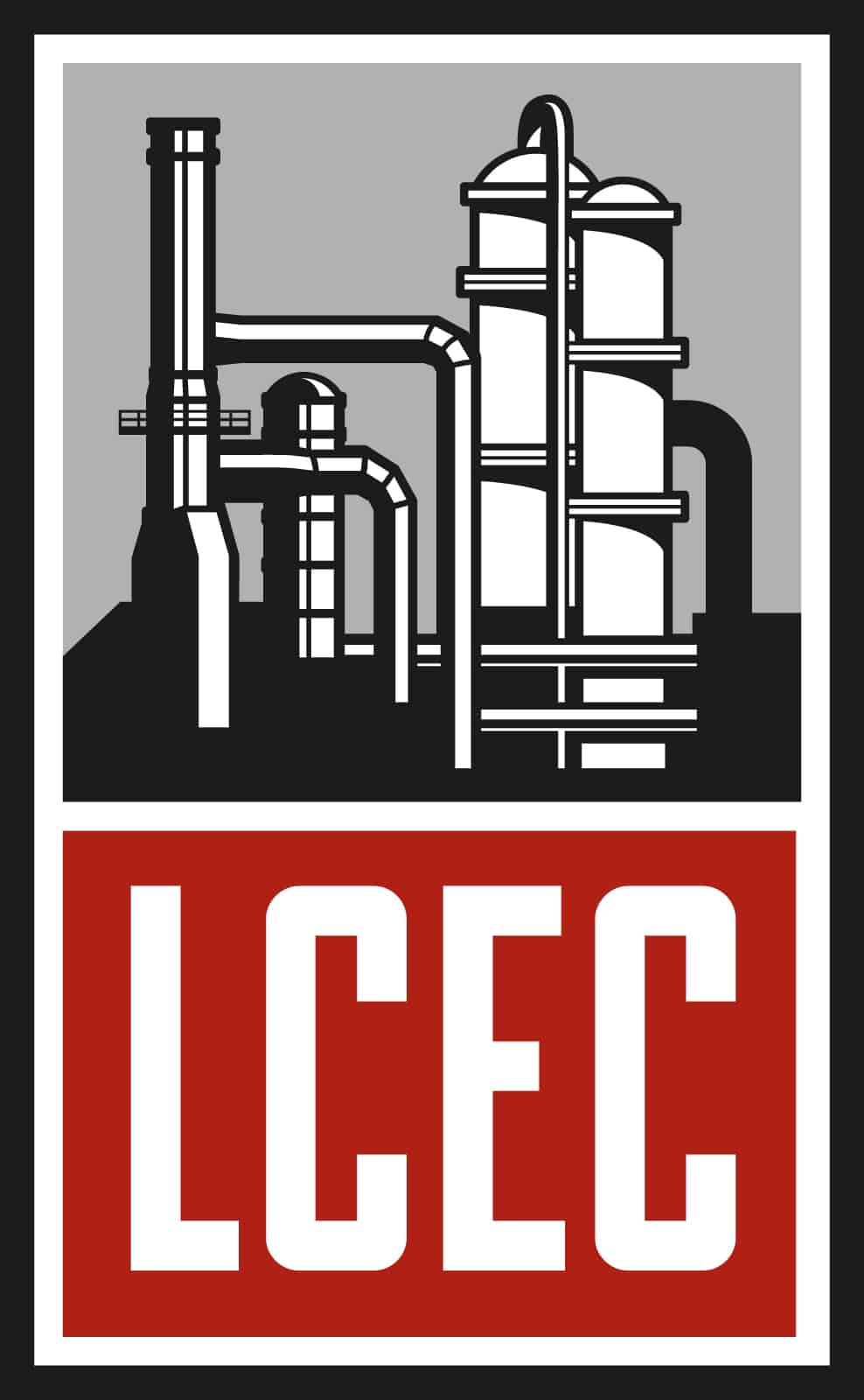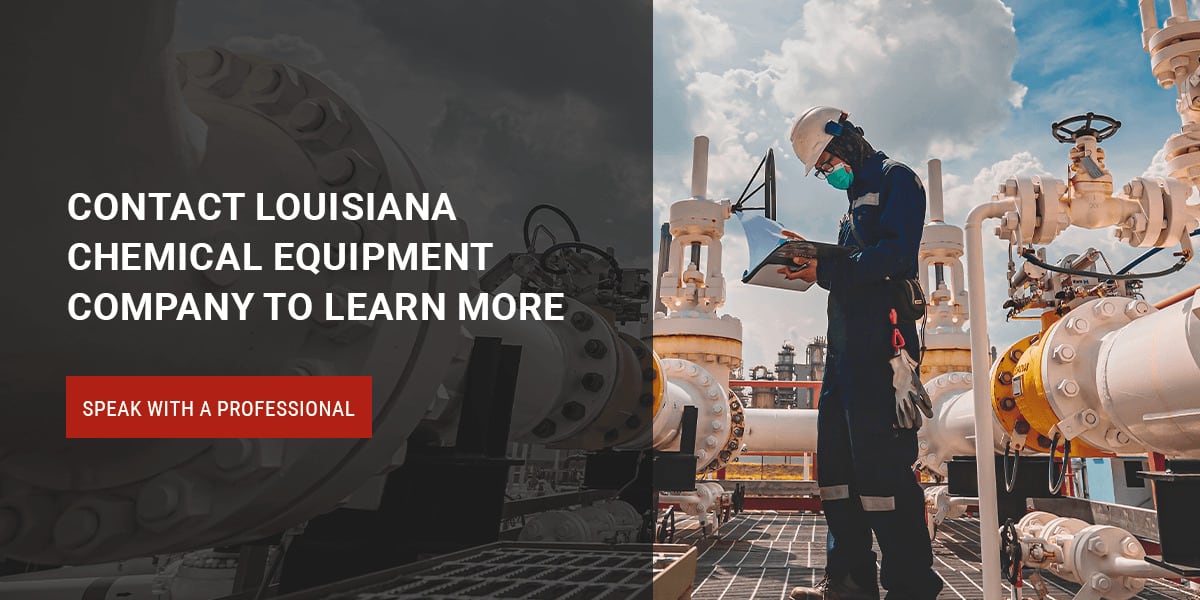Gas-to-Liquid Plant
The demand for natural gas is increasing worldwide, becoming the go-to power source to address residential, commercial and industrial needs. Gas-to-liquid plants are efficient spaces capable of keeping up with the rising market, supplying productive and safer solutions.
What Are Gas-to-Liquid Plants?
Gas-to-liquid (GTL) technologies convert natural gas into synthetic hydrocarbon liquids. Most of these industrial plants utilize the Fischer-Tropsch (F-T) synthesis, created in the 1920s by two German scientists, Franz Fischer and Hans Tropsch.
The process begins by transforming natural gas into hydrogen, carbon dioxide and carbon monoxide — a mixture known as syngas. From there, syngas is cleaned of sulfur, water and carbon dioxide, ultimately undergoing various steps and refinements until becoming usable liquid fuel.
Gas-to-liquid plants use everything, including products that might be wasted in other methods. As a result, they are widely used to produce:
- Gasoline
- Diesel
- Jet fuel
- Wax
- Lubricating products
Gas-to-liquid plants are often large-scale operations that require significant investment and construction to become operational. This has caused a considerable barrier to entry.
Recent liquid process equipment innovations have started to support flexible, more modular gas-to-liquid plants to take shape, moving away from the F-T synthesis. Instead, they use micro-channel reactors, which allow them to cut costs and reach more remote locations.
Benefits of Gas-to-Liquid Plants
The use of GTL plants has steadily increased throughout recent years as innovations have continued to decrease start-up and maintenance costs associated with their operation. Natural gas has become regarded as the ideal feedstock source for manufacturing crude oil alternatives, creating efficient and economical production. Gas-to-liquid plants offer useful advantages, including:
- Convenient access to feedstock: Natural gas is far more abundant in the environment than coal or oil, which increases accessibility and reduces overall costs.
- Safer for the environment: Gas-to-liquid technologies produce liquids with more complete combustions, which are more desirable due to reduced emissions of carbon monoxide and nitrogen.
- More straightforward process: Unlike liquified natural gas processes that require regasification, GTL plants produce the final form of usable liquid fuel for a cost-effective and streamlined solution.
- Easier route to market: GTL plants are often used to capture stranded natural gas in remote areas, producing low vapor-pressure hydrocarbons that are easily transported and sold at more cost-effective prices.
- Greater independence: More access to abundant natural gas supplies decreases the need for companies and countries to rely on international oil imports.
Contact Louisiana Chemical Equipment Company to Learn More
Louisiana Chemical Equipment Company is one of the world’s largest buyers and suppliers of used and unused industrial equipment and complete plants. We have grown our selection to more than 14,000 products across 85 categories, all available for inspection and re-location to your site. If you want to learn more about how LCEC can aid in constructing your gas-to-liquid plant, contact us online to speak with a professional today.
Louisiana Chemical Equipment Company • Toll Free +1-866-289-5232 • International +1-281-471-4900
+1-225-923-3602 • sales@LCEC.com • plants@LCEC.com
Louisiana Chemical Equipment Company, L.L.C.
offers an extensive range of quality chemical process equipment and Complete Chemical Plants with competitive pricing.



